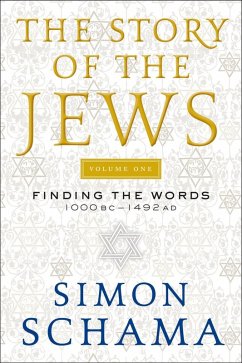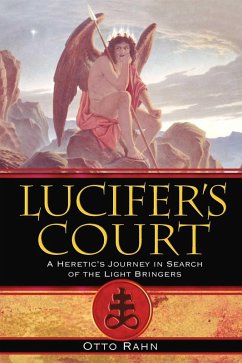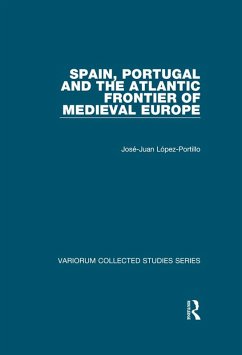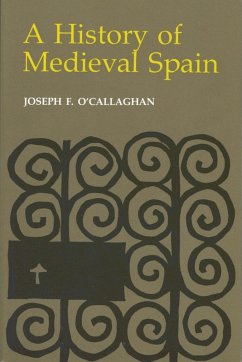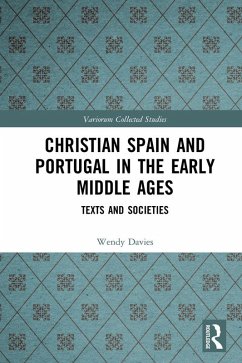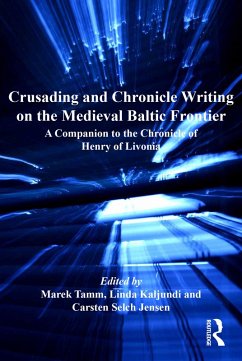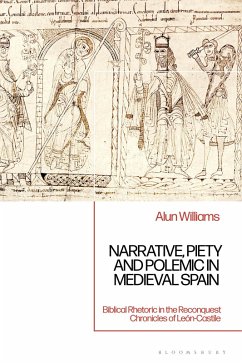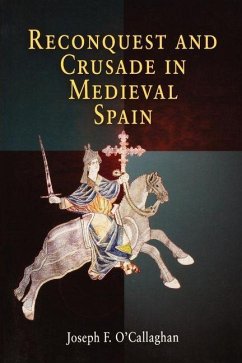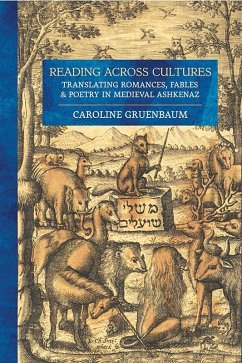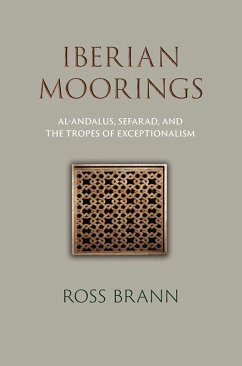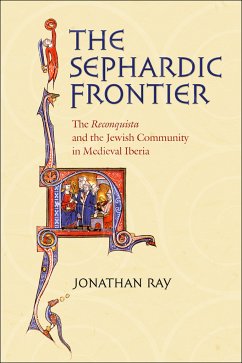
The Sephardic Frontier (eBook, ePUB)
The "Reconquista" and the Jewish Community in Medieval Iberia

PAYBACK Punkte
5 °P sammeln!
No subject looms larger over the historical landscape of medieval Spain than that of the reconquista, the rapid expansion of the power of the Christian kingdoms into the Muslim-populated lands of southern Iberia, which created a broad frontier zone that for two centuries remained a region of warfare and peril. Drawing on a large fund of unpublished material in royal, ecclesiastical, and municipal archives as well as rabbinic literature, Jonathan Ray reveals a fluid, often volatile society that transcended religious boundaries and attracted Jewish colonists from throughout the peninsula and bey...
No subject looms larger over the historical landscape of medieval Spain than that of the reconquista, the rapid expansion of the power of the Christian kingdoms into the Muslim-populated lands of southern Iberia, which created a broad frontier zone that for two centuries remained a region of warfare and peril. Drawing on a large fund of unpublished material in royal, ecclesiastical, and municipal archives as well as rabbinic literature, Jonathan Ray reveals a fluid, often volatile society that transcended religious boundaries and attracted Jewish colonists from throughout the peninsula and beyond. The result was a wave of Jewish settlements marked by a high degree of openness, mobility, and interaction with both Christians and Muslims.
Ray's view challenges the traditional historiography, which holds that Sephardic communities, already fully developed, were simply reestablished on the frontier. In the early years of settlement, Iberia's crusader kings actively supported Jewish economic and political activity, and Jewish interaction with their Christian neighbors was extensive. Only as the frontier was firmly incorporated into the political life of the peninsular states did these frontier Sephardic populations begin to forge the communal structures that resembled the older Jewish communities of the North and the interior. By the end of the thirteenth century, royal intervention had begun to restrict the amount of contact between Jewish and Christian communities, signaling the end of the open society that had marked the frontier for most of the century.
Ray's view challenges the traditional historiography, which holds that Sephardic communities, already fully developed, were simply reestablished on the frontier. In the early years of settlement, Iberia's crusader kings actively supported Jewish economic and political activity, and Jewish interaction with their Christian neighbors was extensive. Only as the frontier was firmly incorporated into the political life of the peninsular states did these frontier Sephardic populations begin to forge the communal structures that resembled the older Jewish communities of the North and the interior. By the end of the thirteenth century, royal intervention had begun to restrict the amount of contact between Jewish and Christian communities, signaling the end of the open society that had marked the frontier for most of the century.
Dieser Download kann aus rechtlichen Gründen nur mit Rechnungsadresse in A, D ausgeliefert werden.




